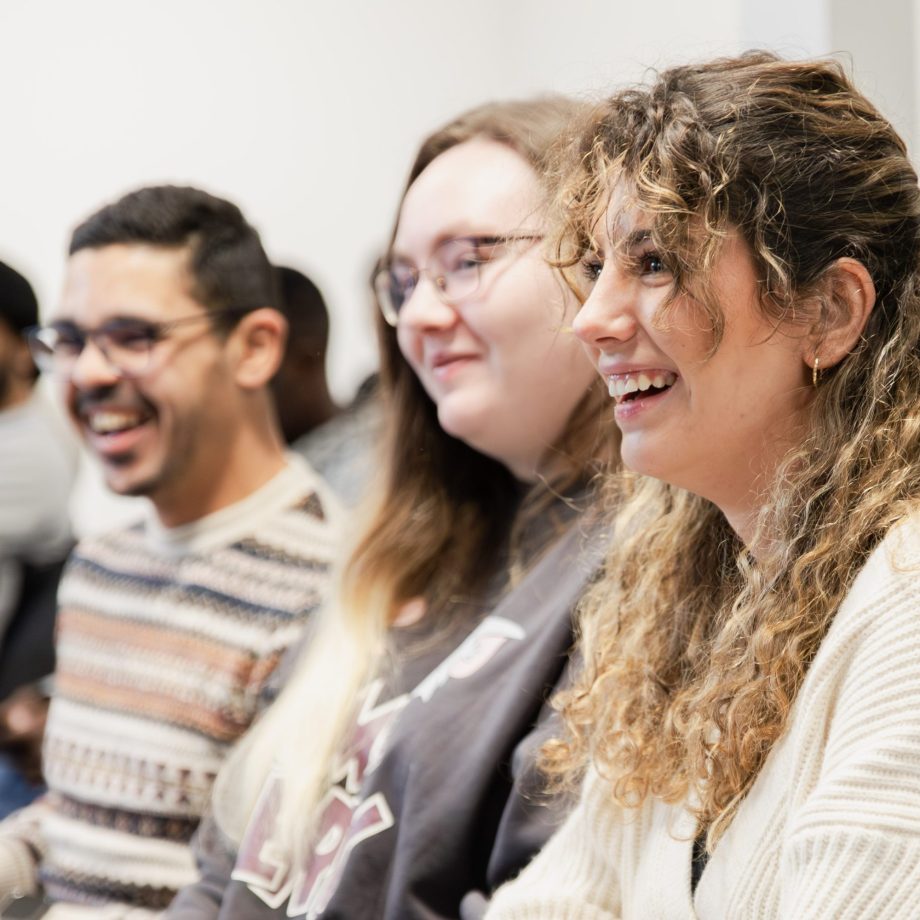
MA Visual COmmunication
Programme Overview

MA Visual Communication is designed to help you develop your identity as an author and thought leader, equipping you with the skills and knowledge to identify and solve design problems within complex cross-media environments, including digital printmaking, still and moving image productions – both digital and virtual.
You will enter the professional world with a confident design voice, a specialised and specified informed design language and an outstanding portfolio.
Berlin School of Business and Innovation is in partnership with University for the Creative Arts (UCA). As a result of this partnership, BSBI is able to offer the MA Visual Communication programme. UCA is an acclaimed creative institution in the UK that ranks highly in all three of the major UK league tables. The university has also been ranked 13th out of all UK universities in the Guardian League Table 2020.
What Will You Experience?
Central elements of the Master’s in Visual Communication course include the appropriate environment for evaluation and testing of a compelling proposal development practice. Interdisciplinary key discussion embedding theory, text and design case studies are core elements of this programme. Exploration and pushing the boundaries of contemporary visual solutions in the culmination of methods and strategies for independent research and practice, will enable you to show a cohesive and innovative final body of work.
Why Study MA Visual Communication Programme?
The MA in Visual Communication programme pushes students to investigate and further their knowledge of the possibilities of the fast-evolving creative industry, while refining their mindset with the dedicated support from our expert faculty who have a wealth of industry experience.
Your learning will be enhanced through a well-informed magnitude of contextual and contemporary engagement in order to develop convincing proposals and solutions in the field of Graphic Design, Illustration, Animation and Visual Communication in general.
Who Should Take MA Visual Communication Programme?
As one of the highest ranked creative education institutions, we aim to attract the most creative and proficient individuals who will be equipped and facilitated with an educational foundation to develop a focused and structured framework. We are looking for individuals aiming to thrive as leaders in the professional environment of a generic creative pathway, relating to our three specialisations in Illustration, Graphic Design and Animation.
Programme Fee
INTAKES:
Hamburg: February, October
Price 2026: €13.920 (International and EU)
Check our special offers.*
*Terms and conditions apply. Find out more here.
The School’s admissions process is subject to the Consumer Contracts (Terms and Conditions). Information on your Right of Withdrawal and our Refund Policy can be found in the BSBI study agreement.
SECURE YOUR PLACE ON THIS PROGRAMME BY APPLYING TODAY.
FIND OUT HOW TO APPLY HERE >>
Programme Structure
This 18-month (Level 7) MA Visual Communication programme consists of three terms of study and six months dedicated to your dissertation.
The first two terms include a range of lectures and seminars and you’ll start to explore your creative practice in order to inform the detailed development of your project proposal later in the course.
In the third term you begin developing your MA project, evaluating and testing out the aims of your proposal over a sustained period of self-directed study.
Modules
Term 1
Defining your practice
- Explore creative practices to identify a creative project methodology
- Cultivate your creative discipline
Term 2
Context and Method Project Development
- Learn theory, context, method, and engage in cultural and intellectual debates in your discipline
- Plan and develop your final MA project
Term 3
Realisation and Dissemination
- Demonstrate and execute your final MA project
- Write your MA dissertation
You’ll explore creative practices in order to inform the detailed development of your project proposal later in the course. The unit aims to provide a structured framework to allow you to investigate the potential of methods, ideas and themes in your discipline as well as helping inform and locate your practice.
Through a series of lectures and seminars, you’ll actively engage in a range of current debates which provide cultural and intellectual context for the consideration of ideas in visual communication. The programme addresses interdisciplinary issues through the discussion of theory and the consideration of specific design-led work and texts.
In this unit, you will develop the themes and focus of your final project in the fields of illustration, graphic design, animation or visual communication. This will allow you to evaluate and test out the aims of your proposal over a sustained period of self-directed study. At this stage, the development of your project will be guided and questioned through tutorials, group critiques and presentations, which will support the progress of your work and provide rigorous critical appraisal from staff, peers and professional practitioners. While encouraging the continued exploration and questioning of your ideas, you will continue the process of developing appropriate methods and strategies for your project’s realisation as you begin to work more independently as a researcher and practitioner, refining your research questions and the research methods you are using.
You’ll apply knowledge and experience gained in previous units to the realisation of your final MA project – the culmination and consolidation of your studies in the form of a resolved piece, or body of work. It should show coherence and innovation at a professional level of resolution. You’ll also be required to prepare a critical paper intended to reflect upon the specific practical outcome of the MA project, its interpretation and its success as a demonstration of your approach to creative practice through research.
Study in
Hamburg
Location: HAMBURG
- Duration: 18 months
- Intakes: February, October
- Campus: Hamburg, Germany
- Degree awarded by University for the Creative Arts
- Price 2026: €13.920 (International and EU)

The School’s admissions process is subject to the Consumer Contracts (Terms and Conditions). Information on your Right of Withdrawal and our Refund Policy can be found in the BSBI study agreement

Learning Outcomes
Upon successful completion of the MA in Visual Communication course students should be able to:
Knowledge:
- Identify and meticulously investigate appropriate sources using adequate research methods leading to innovative concepts or insights into existing visual communication practice
- Methodically and critically analyse and evaluate existing knowledge proposing new hypotheses
Knowledge
- Understand how the specific features of management work together with business administration in a global context
- Discuss and apply coherent and detailed knowledge of international business and management
- Debate current professional opinion and research about trends in business and management and changes which may affect its development in the near or mid-term future
Applications:
- Demonstrate an advanced set of skills and methods appropriate to visual communication and produce work in a highly advanced manner in line with the fast-evolving industry standard
- Demonstrate commitment to the subject, engagement and appearance with the course, appropriate time management, organisation, critical reflection and self-directed project management and study
Skills
- Demonstrate a broad and critical understanding of visual communication as well as within the fields of Graphic Design, Illustration and Animation
- Demonstrate experimentation, risk taking, problem solving and reasoning in relation to both ideas and materials in order to equip your practice for fast-evolving demands

Career Progression
BSBI’s industry focused environment provides the ideal support to our students in their personal and professional development. Upon successful completion of the Masters in Visual Communication course, you’ll be able to pursue the following careers:
- Graphic Designer
- Branding/Corporate Designer
- Web and App Designer
- UI/UX Designer
- Art Director Digital
- Creative Director Digital
- Video Director
- Motion Designer / VFX Artist
- AR/VR/MR Designer
- Visualiser/Visual Creative
BSBI’s dedicated Careers Service helps visual communication master’s students and alumni reach their career goals and realise their potential. The Service offers specialised support and aims to build long-lasting relationships with local and national employers.
Minimum age: 21
Academic qualifications
Strong undergraduate degree from a recognised university or equivalent qualification in the subject or a related discipline.
If you do not meet the academic requirements, you may be assessed based on 3 years of relevant work experience (illustration, animation, graphic design or general visual communication), demonstrating your ability to study at postgraduate level.
English Language Requirements:
Access the Proof of English Guide (UCA) here.
Documents
For this course, we’ll need to see your portfolio for review. We’ll invite you to attend an Applicant Day so you can have your portfolio review in person, meet the course team and learn more about your course. If you would prefer to upload a portfolio digitally, there is also the option to submit it online via our BSBI Submission Portal. Further information will be provided once you have applied.
Computer Equipment
In recent developments of hybrid learning, we require each student to arrive equipped with a laptop. We, therefore, recommend the purchase of a design-friendly mobile laptop. Please click below to read more about the technical requirement.
Your Portfolio Submission
You are required to submit an online portfolio via our BSBI Applicant Portal. Before submitting your artwork, please have a look through the Portfolio Cookbook
What is a Portfolio?
- Your portfolio is a collection of your best work. We want to see what inspires you, how you develop your work, your creative thinking processes, how and what you create and what makes you a unique creative individual.
What Should My Portfolio Contain?
- Your portfolio might contain sketches and paintings, digital art and design. It might also contain sound work, short films.
- Upload up to 12 pieces of work which can include audio or video files.
How do I Submit My Portfolio?
- We’ll only be accepting portfolios digitally. You can do this once you’ve applied via our online submission system within the Applicant Portal.
- You can also link to external websites such as Vimeo and YouTube.
Further information on how to compile and upload your portfolio will be provided by our admissions team via our admissions portal once you have applied.
You can apply now to study with BSBI! It’s quick and easy, here’s how it works:
- Create an account here
- Select the programme and intake you want to apply for
- Complete all sections of the online application
- Submit online application
- Our Admissions Team will liaise with you with regards to next steps
Learn all about what Hamburg has to offer as an international study destination by clicking here.

The Virtual Student Lounge
You’ll also be able to discover more about living and studying in Europe’s start-up capital, Berlin and find out more about the services on offer at BSBI.
Book Your Place
Frequently Asked Questions (FAQs)
What is a Master of Arts (MA) in Visual Communication Programme?
The MA in Visual Communication helps students build expertise in graphic design, media strategies and storytelling. The programme encourages creativity and innovative thinking, preparing graduates to convey compelling messages across digital and traditional platforms.
What Career Opportunities are Available for Graduates with a Visual Communication MA?
Graduates can explore roles such as creative director, multimedia designer or brand strategist. These careers offer opportunities to work in advertising agencies, design studios or media companies.
What are the Tuition Fees for the MA in Visual Communication Programme?
A degree from BSBI is an investment in your future. BSBI offers many different scholarship opportunities and discount offers. For more information and a breakdown of our latest tuition fees, take a look at our Programme Offers page.
How can I Apply to the Master’s in Visual Communication Programme at BSBI?
Applications are submitted online through the BSBI website. You will need to provide a bachelor’s degree certificate, academic transcripts, a CV and proof of English proficiency. Our admissions team is available to assist you throughout the application process.
What are the Benefits of Studying a Visual Communication Master’s Programme in Germany?
Germany’s creative industries are thriving, offering students access to a diverse artistic community. The programme provides opportunities to network with professionals, work on innovative projects and gain international exposure in the field.




